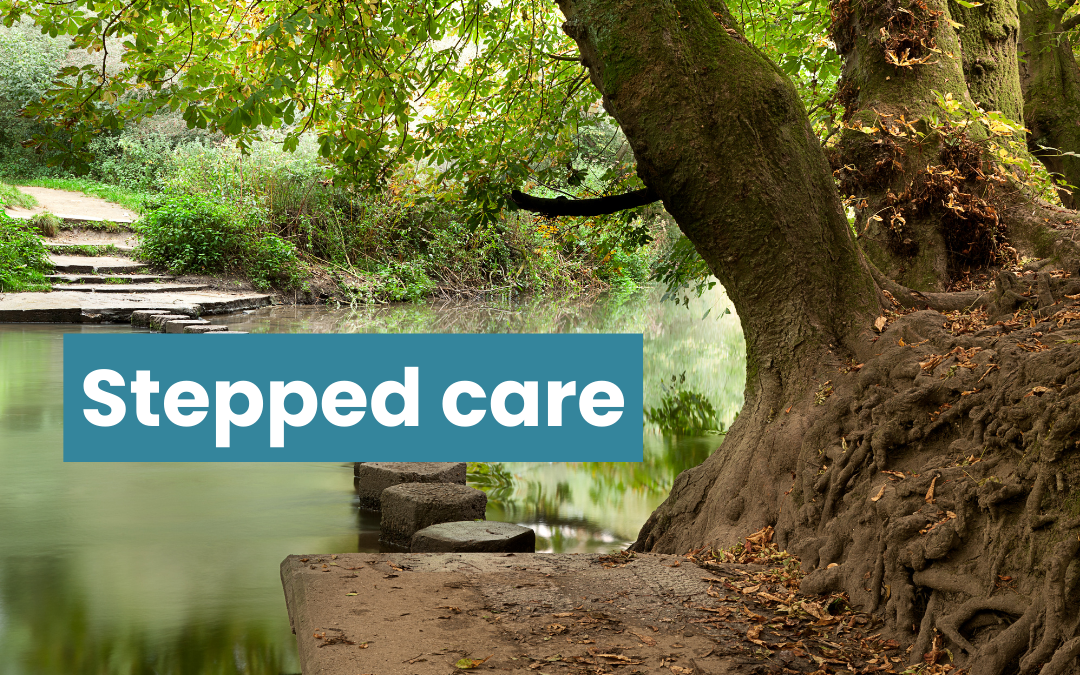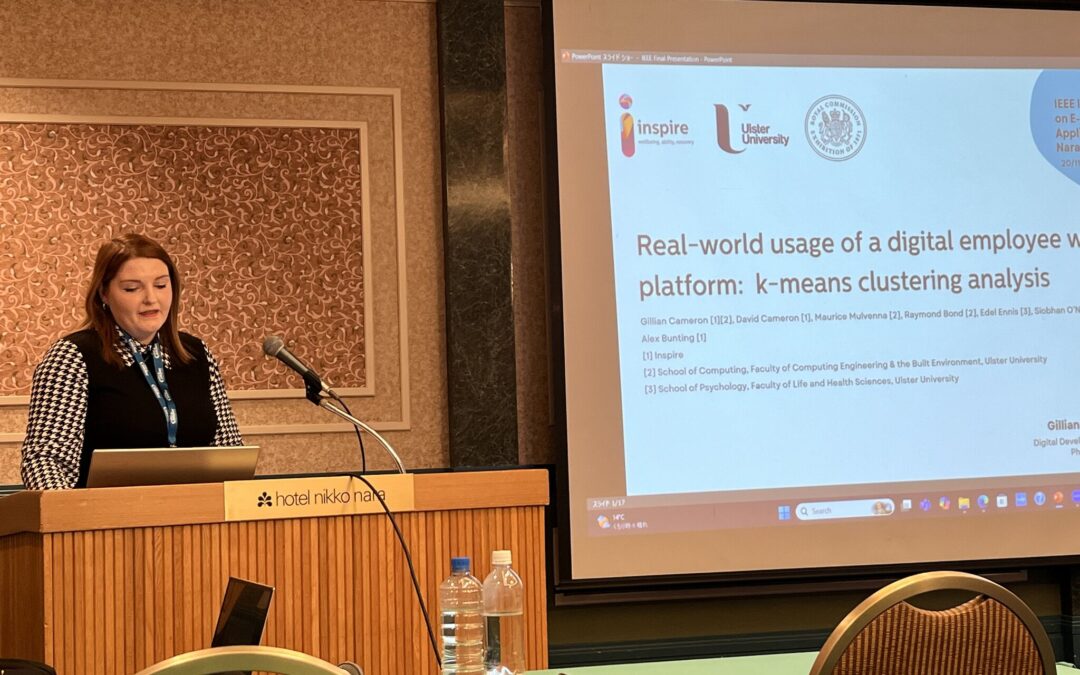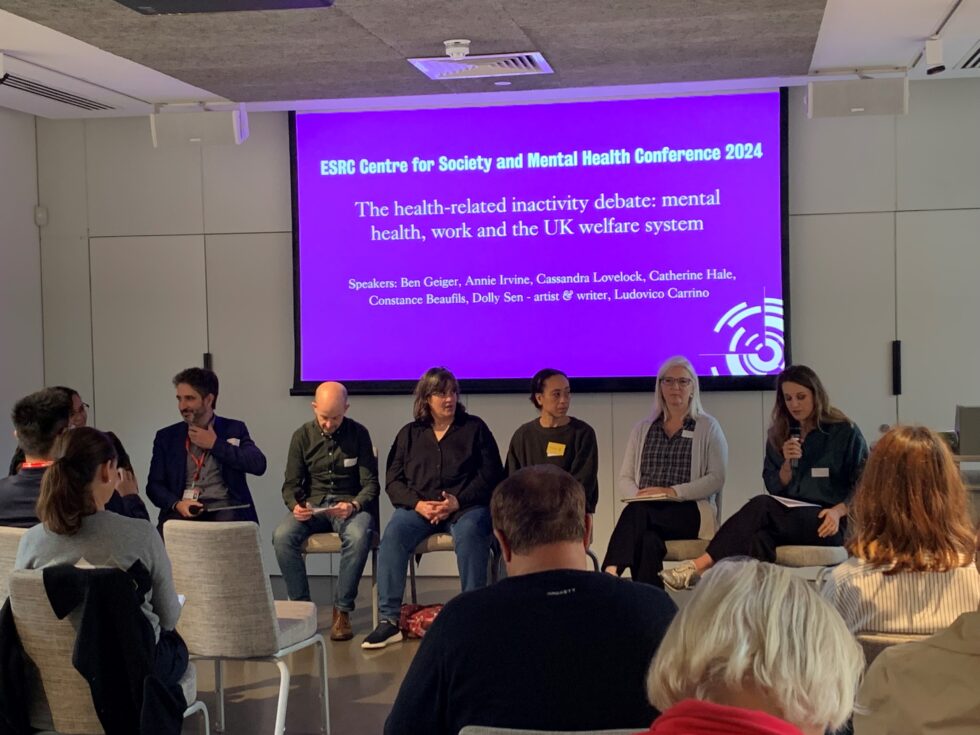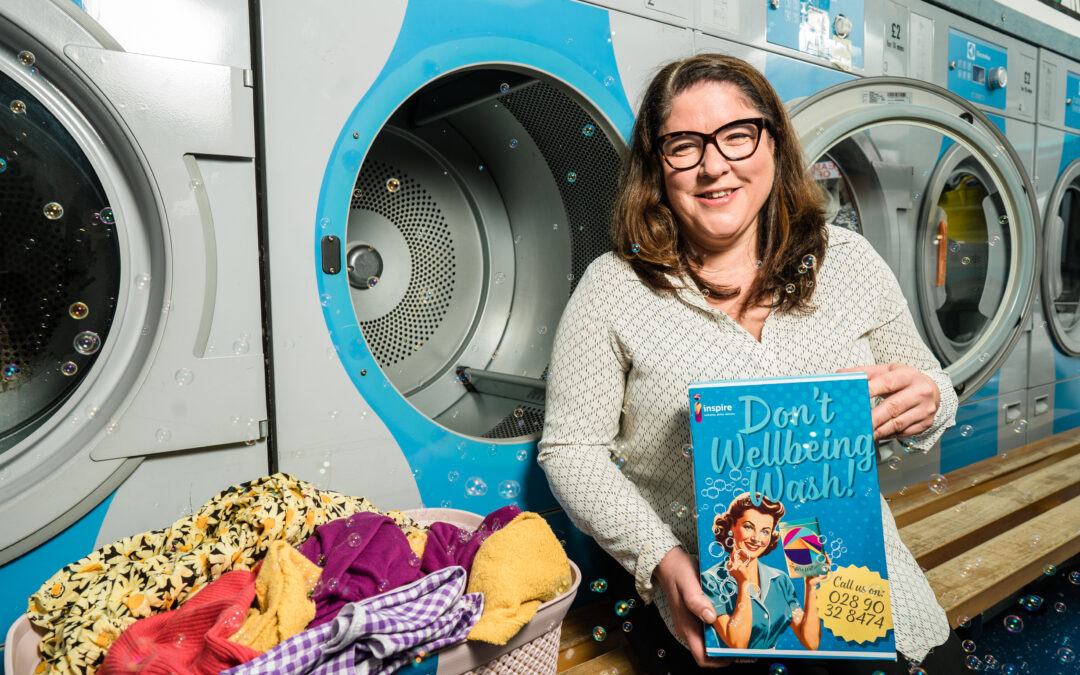A new report published by Queen’s University Belfast (QUB), which includes research funded by the National Institute for Health and Care Research (NIHR), illustrates the extent to which overdose prevention centres (OPCs) can prevent thousands of drug-related deaths.
The analysis comes as Northern Ireland continues to face challenges in this area. In fact, according to figures released by the Northern Ireland Statistics and Research Agency in 2022, the number of local drug misuse deaths rose from 61 in 2011 to 175 a decade later. This placed the region’s drug-related death rate second only to Scotland’s within the UK.
Furthermore, findings from the Northern Ireland Substance Misuse Database reveal that, between 2021 and 2022, 3,092 individuals presented with problematic substance use. Almost one third (1,004) of these cases indicated problem drug use only (1,004), while just over three in 10 (945) were living with the effects of both drug and alcohol misuse.
The facilities outlined by QUB, sometimes referred to as opioid treatment centres, drug consumption rooms or safe consumption spaces, provide intravenous drug users with clean and supervised environments in which to safely inject. While neither Ireland nor the UK is home to even a single one, 200 such sites exist in 17 other countries, including the United States, Canada, France, Germany, Colombia and Spain. Neither Ireland nor the UK, however, is home to a single one.
In the event of an emergency, staff are trained and authorised to administer Naloxone, quickly reversing an overdose by blocking the effects of opioids. In the places where these services now operate, support workers have been credited with saving thousands of lives. They may also distribute sterile injection (or other) equipment, which can be safely discarded later on, as well as advice and referrals to social care, healthcare or addiction treatment providers. Beyond their primary function, drug consumption rooms can reduce the spread of serious bloodborne diseases, improve communities and save taxpayers’ money, all without any increase in drug-related crime.
Safe injecting facilities are no silver bullet for reducing drug-related deaths, of course, but their introduction would constitute a reasonable and incremental response to what is an increasingly pronounced public health crisis, thus facilitating and enhancing the effectiveness of other interventions.
The QUB study – carried out in partnership with the charities Release and Drug Science, and alongside academics from the Universities of Oxford, Kent, East Anglia, West London and Bristol – is believed to be the largest evidence review of OPCs anywhere in the world. It forms part of a wider NIHR grant fund, aimed at preparing the UK for the possible introduction of OPCs and is published by Drug Science.
Lead researcher Dr Gillian Shorter, Reader in Psychology at Queen’s University Belfast, said:
“There are so many misconceptions about OPCs – how they can help and what the evidence says.
“These are harm-reduction spaces which aim to meet people where they are at, provide health support and basic facilities and keep people alive. They are places of safety and inclusion, often for those who do not have other places to go. The evidence shows when we create community for people who are often excluded from society, that is when the magic happens. People are empowered to improve their health and wellbeing.
“The evidence shows OPCs don’t just improve multiple outcomes for people who use drugs – they reduce drug litter and lead to less visible drug use on our streets, which is good for businesses and communities. Ultimately, they save money through reduced emergency-service use and drug-related deaths.”
If you are worried about your own substance use, The Inspire Support Hub can help. The Hub is home to excellent resources on addictive behaviours, along with information on how to access counselling and other support.
More from our blog
Menopause and work
The menopause is a natural biological process. It occurs when your ovaries age and naturally produce lower levels of reproductive hormones. The menopause may have a significant impact on home life and work performance. This can be unsettling, particularly if a particular role carries lots of responsibility. The hormonal changes…
Understanding Stepped Care and its role in workplace wellbeing
The stepped care model is a fundamental part of Inspire's workplace offering. So, what is it and why is it so important?
Winter wellbeing 2024
The festive season is here and we’re keen to highlight some wellbeing tips for now and the New Year. Head into 2025 in the best possible frame of mind. Switch off Technology allows us to be constantly connected to colleagues, family and friends. That is often a good thing but…
Reflections on IEEE eHealthCom 2024: Insights, Innovation, and Inspiration in Nara, Japan
Inspire’s Digital Development Lead, Gillian Cameron, reflects on her recent trip to Nara, Japan for the IEEE eHealthCom conference. Last week, I had the privilege of attending and presenting at the IEEE eHealthCom 2024 conference in Nara, Japan. This annual event brings together researchers, industry leaders, and policymakers to discuss…
Mental Health on the Agenda at King’s College London
Inspire’s Policy & Campaigns Office, Matthew Coyle, reflects on his recent trip to King’s College London and the knowledge gained at the ESRC Centre for Society and Mental Health’s annual conference. I had the privilege earlier this month of attending the ESRC Centre for Society and Mental Health’s third annual conference in…
Healthy Organisations Commit to Person-Centred Wellbeing
Employment takes up a good deal of our time. According to the Office of National Statistics, the average UK worker spends over 36 hours in work every week; in Ireland, that figure is 38.5. On World Mental Health Day, understand the effect that wellbeing washing can have on workers and…
On World Mental Health Day, Here’s How to Avoid Wellbeing Washing
As we count down to World Mental Health Day on 10th October, Inspire’s focus is very much on our ‘Don’t Wellbeing Wash’ campaign. Wellbeing washing is similar to green washing, its arguably more infamous cousin. It describes a company or organisational ethos that focus more on the illusion of staff…
World Mental Health Day: Don’t Wellbeing Wash
World Mental Health Day (WMHD), which takes place every year on 10th October, offers us all an opportunity to gather and talk about mental health, demonstrating to everyone that this is a subject worthy of open, honest discussion and explanation. In 2024, Inspire is marking WMHD by highlighting the important issue…
Government Action on Work-Life Balance a Positive Sign
The UK Government has announced plans to introduce new codes of practice for businesses, which are aimed at tackling burnout and codifying a right to switch off. This follows on from Labour’s campaign pledge to empower workers, providing them with the freedom to disconnect from their jobs outside regular hours and…
Line Managers are Key to Workplace Wellbeing
According to new research published by Queen’s University Belfast and the University of Nottingham, strong links exist between positive business performance and mental health training for line managers. Furthermore, the analysis of workforce practices suggests that recognising this, and acting on it, could save organisations millions every year. The study…
Workplace Conflicts Require Proactive Approach
Discord between colleagues is not unusual. The average workplace brings together individuals from different walks of life, people with distinct characteristics, objectives, points of view and ways of doing things. Quarrels are bound to develop from time to time. They can, however, have a significant impact on an organisation’s productivity,…
CIPD Conference Stresses Authentic, Empathetic Leadership
Inspire\'s Noelle Higgins, Business Development Manager – Therapeutic Services reflects on the recent CIPD conference and research. My colleague Jonathan Cody and I recently took the opportunity to head to the CIPD conference at the RDS, enjoying a day away from our e-mails and catching up with a range of…













